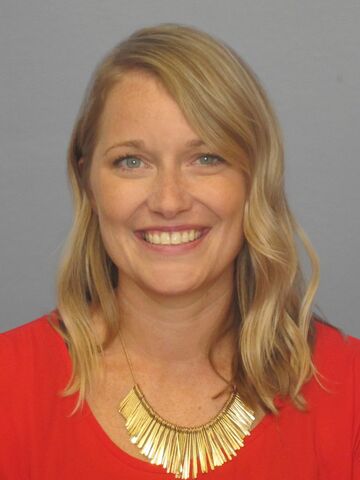
Take a moment to reflect and answer this question: Do you like math? Overwhelmingly, both students and adults alike typically say that they do not. When asked why, the response is generally, “Because I’m not good at math.” It isn’t likely that we enjoy something that we are not the best at doing. Most of our beliefs and mindsets can be traced back to the way we have learned and studied mathematics. Typically, we can pinpoint small moments, teachers, environments and interactions that helped us form a belief of being “good” or “bad” at math.
While this “good” or “bad” belief is common, it is harmful. It unintentionally suggests that some people have a natural advantage over others. This small belief alone can drastically change our actions and engagement with the world. For example “bad” at math may create the following ripple effect:
- A fixed mindset: Individuals may believe you are born being skilled at math and it’s unchangeable. Those with this mindset may say, “I’m just not a math person,” or “I’ll never be good at math.” This may lead to anxiety surrounding math or even avoiding doing math work altogether.
- A fear of failure: Individuals with “bad” math beliefs often fear making mistakes or failing in math. This is problematic because if we are not failing, we are not learning and growing.
- Limited effort: Individuals with “bad” math beliefs may not put in the effort to improve their math skills because they believe they are incapable of learning and growing.
In contrast, we can see math as the study of patterns, relationships, and structures – not just capturing correct answers. Believing oneself is a “good” math thinker can create the following:
- A growth mindset: A “good” math belief is characterized by a growth mindset, where individuals understand that math skills can be developed and improved with effort and practice. Those with this mindset say, “I may not understand this now, but I will learn it with time.”
- Willingness to embrace challenges: Individuals with a “good” math belief view challenges as opportunities for growth rather than threats. They see mistakes as valuable learning experiences.
- Persistence: Individuals with “good” math beliefs are more likely to persist when faced with difficult math problems. They are willing to invest time and effort in mastering mathematical concepts.

As the old saying goes, “Whether you believe you can or you can’t, you’re right.” Let’s abandon the belief of being “bad” at math. This belief limits how adults navigate or avoid math, but it also prohibits young people from seeing themselves as mathematicians and problem solvers. Undoubtedly, we all have a need for critical thinking more than ever before. Let’s change the narrative.
MaKenzie Hakeman is a consultant for mathematics with Central Rivers Area Education Agency (CRAEA), based in Cedar Falls. She can be reached at mhakeman@centralriversaea.org. Learn more about Central Rivers Area Education Agency at www.centralriversaea.org.
